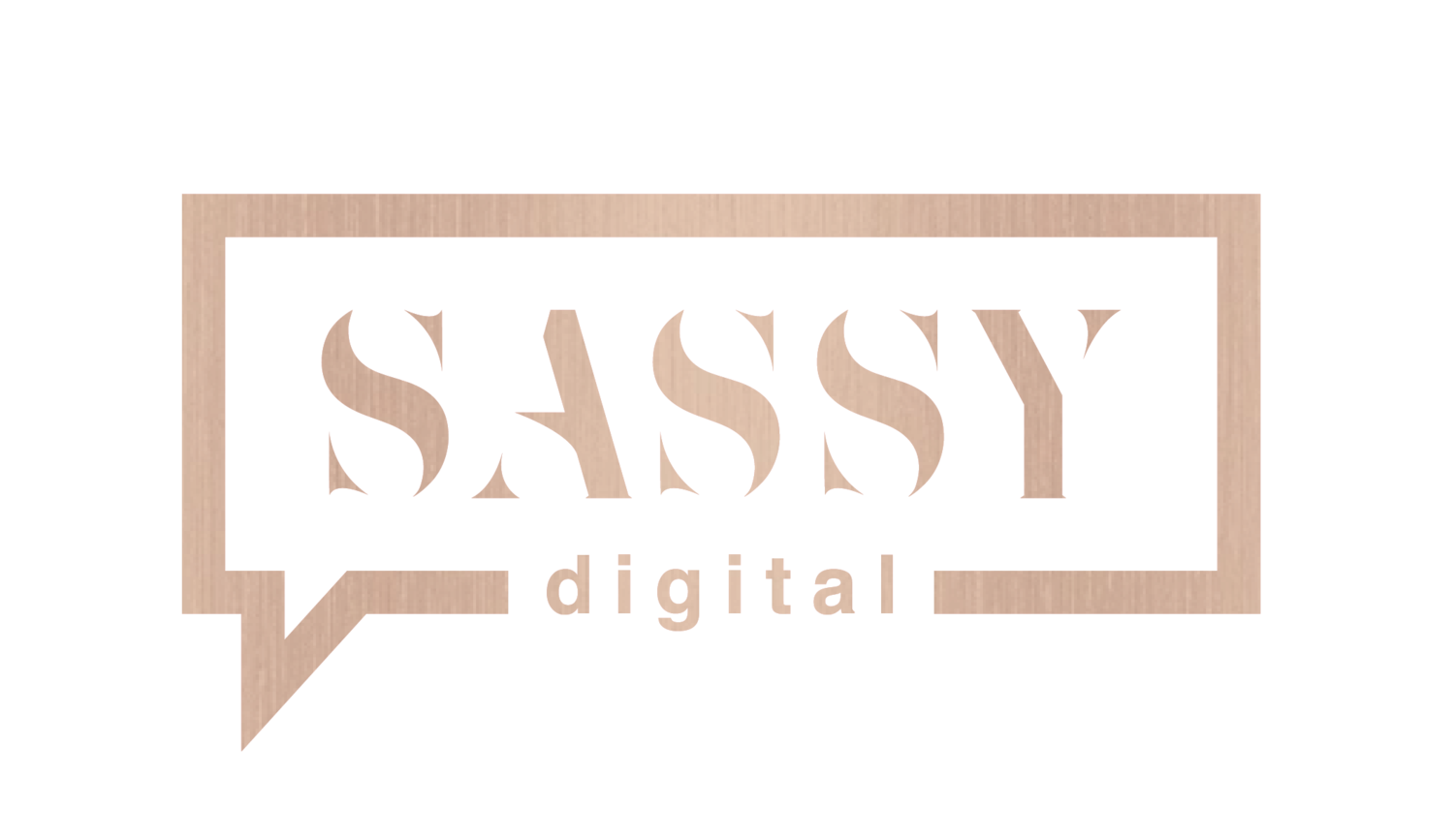How Drinking Too Much Alcohol Can Affect Your Productivity

While your long term job performance is not likely to be affected by one night of drinking, your performance the next day will most definitely suffer and if the drinking becomes continuous, alcohol can negatively impact your career in the long run. Drinking the night before can cause illnesses, fatigue and affect your ability to get things done in a timely manner. Regular, excessive drinking can have lasting negative effects on your job performance which may put your job at risk. This is how:
Sleep Disruption
Alcohol seriously affects the body’s ability to enter a deep sleep, which is necessary for an energetic, productive following day. A common misconception of alcohol is that it’s a stress buster which will help you easily fall into a deep sleep by blocking out any disruptions or thoughts that may be keeping you awake. However, drinking to aid sleep only results in an interrupted sleep cycle or worse, you becoming reliant and addicted. Working on a lack of sleep leaves you feeling lethargic, which will affect your efficiency and creativity. One way to boost productivity is to get a good night's sleep and cutting out alcohol before bed is one of the fastest way to achieve this.
Health Issues
Even if you are only an occasional drinker of alcohol, there are health issues that arise with all alcohol intake such as depression, cardiovascular disease, pancreatitis, depression, high blood pressure and even cancer. Such issues will obviously affect your drive and motivation at home and in the workplace. A low drive will hinder productivity massively, preventing you getting work done efficiently. Often people that experience such health issues and aren't aware that alcohol has caused them, so be wary of the damaging affects alcohol can have on your body and consider cutting down your intake.
Mental Issues
While many believe a glass of wine can help you to relax and relieve stress, in the long run it can contribute to a number of mental health issues such as depression and anxiety. This is because regular, heavy drinking interferes with neurotransmitters in our brain that are needed for a good mental health. As alcohol is a depressant, excessive amounts can lead to depression and depression can lead to drinking which causes a vicious cycle and makes handling your mental health issues a real challenge. Depression and anxiety in the workplace will lead to low motivation and morale, meaning it will take you longer to undertake tasks than other people or even cause you to take days off work. While mental health issues can be managed, and can go away, it does take time so if you want to remain productive, it’s wise to avoid alcohol as much as possible.
Hostility between co-workers
Believe it or not, alcohol can also cause problems between you and your co-workers. If your fellow employees feel like they are constantly picking up your slack because you are hungover and lacking energy, it’ll cause resentment. Friction between employees can lead to a lot of distraction within the workplace, which means productivity will most likely take a hit. Since your mood will also be affected, you might not be as pleasant to them as you would normally would which will only add fuel to the fire, and cause more problems down the line.
The bottom line is that alcohol abuse can impact both your mental and physical health, hinder your productivity and damage relationships - all of which have the the potential to destroy your career. Managing your alcohol intake and timing when you have a drink will allow you to be focused and motivated at work. So next time you find yourself reaching for a drink, consider the lasting effects alcohol can have and if you know you have a big day coming up and need to be focussed, don’t drink. Its that simple!
Got any questions? Make sure you DM me! @lucyhitchcock_ @sassydigital
